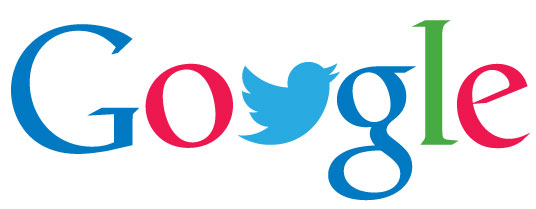
[vc_row][vc_column width=”1/1″]
By Thomas Ritchie
[vc_row][vc_column width=”1/1″]You probably heard the news last week that Google will again feature Tweets in its search results.
If not, you’ll be hearing a lot more about it soon. Here’s why: It’s incredibly important to both companies to increase the relevancy of their content.
That’s right – both companies have much to gain through this move.
First, a little backstory. From 2009 to mid-2011, Google featured real-time social media in its search results, but Twitter severed their agreement in the same week that the search giant rolled out Google+, a social media network aimed at competing with Facebook, and to some extent, Twitter. Google never revived the real-time search.
The Google foray into social networking has been a failed attempt at best. And as Twitter has seen its active user base get surpassed by Instagram, owned by Facebook, it too realizes that its content – roughly 6,000 tweets per second and growing – needs to attract more new users.That brings us to today. Google currently features some popular tweets in its search. You won’t find many, however, namely because if Google tried to index the entire stream of tweets each day – somewhere around 500 million – it would crash Twitter.
So what Twitter has agreed to do is to directly feed all of its tweets to Google, eliminating the need to index them.
In short, here’s why all this matters:
First and foremost, Twitter truly is the first source of breaking news for millions of people worldwide. While a Google search for a breaking news story will often lead to numerous links on major news blogs and network sites, those same headlines likely broke on Twitter minutes or even hours earlier.
Google has for years been the search engine, and having an accurate, complete index of relevant content at any given moment in time is essential to maintaining that status.
For Twitter, its stream of real-time information is crucial to proving that it is viable in an era where social networks’ rise and fall is based on the fickle prerogative of both users and investors.
The future of both these companies is dependent upon delivering information all the time to as broad an audience as they can. Essentially, without Twitter, Google is not delivering complete search results, and without the exposure that Google provides, Twitter is limiting its audience. Without an agreement, both companies are seeing less revenue than they could by working together.
The real winners, however, are users. We will reap the benefit of seeing greater relevancy and immediacy in our Google searches, and that’s a good thing.
What other benefits do you see coming from this partnership? I’d love to hear your thoughts in a comment.





Leave a reply